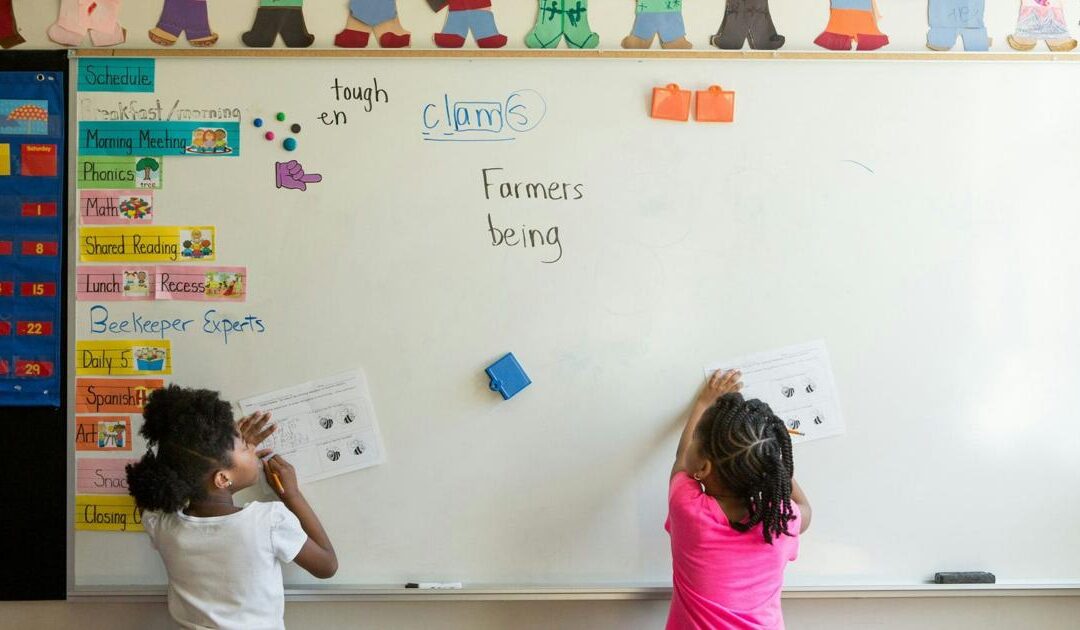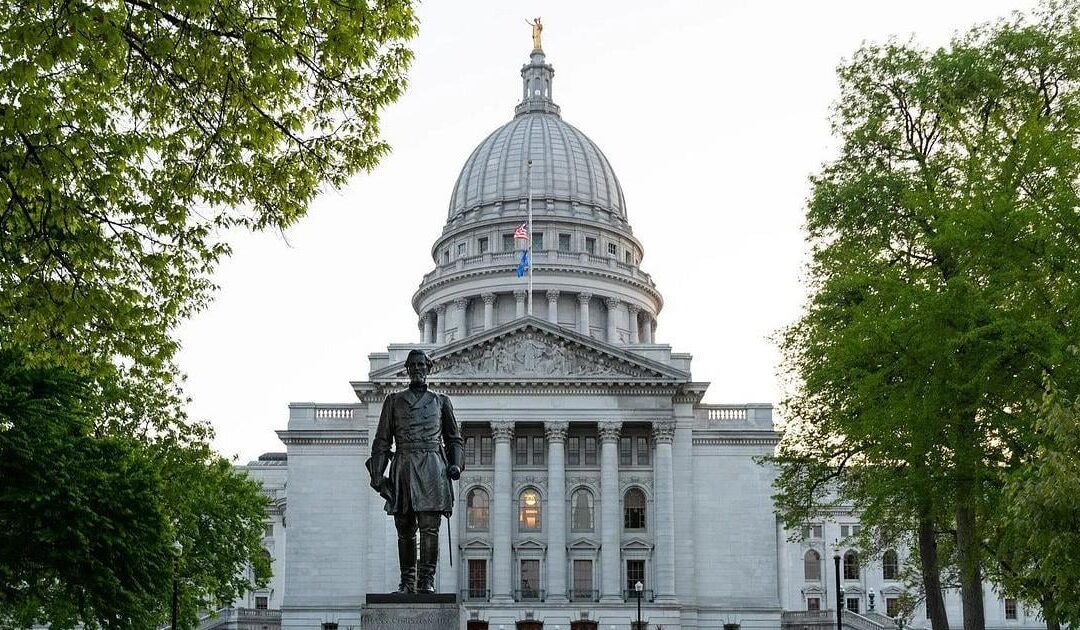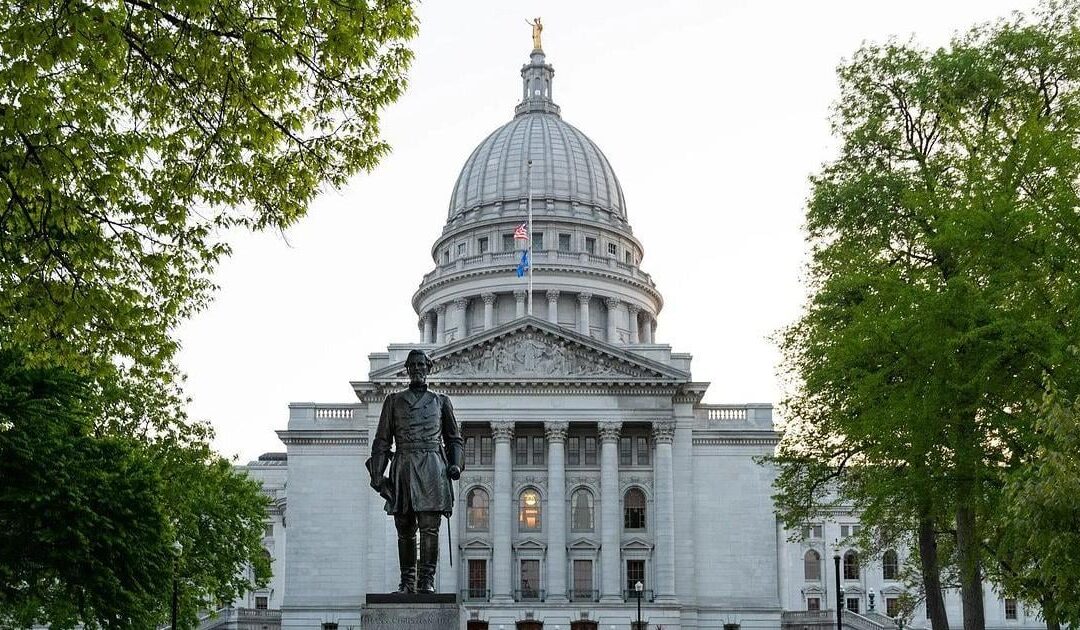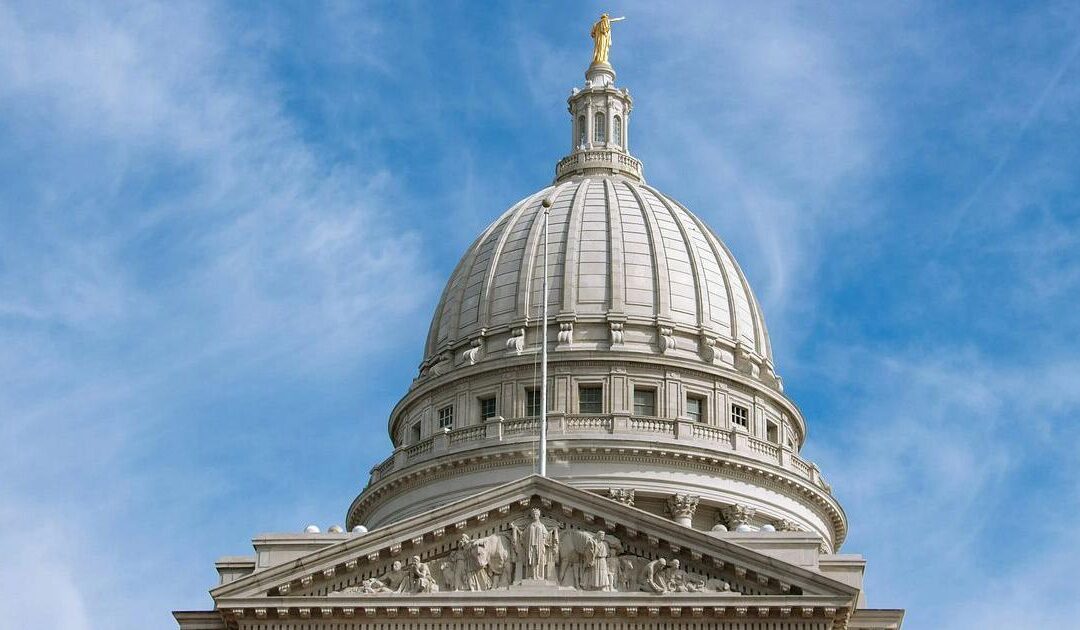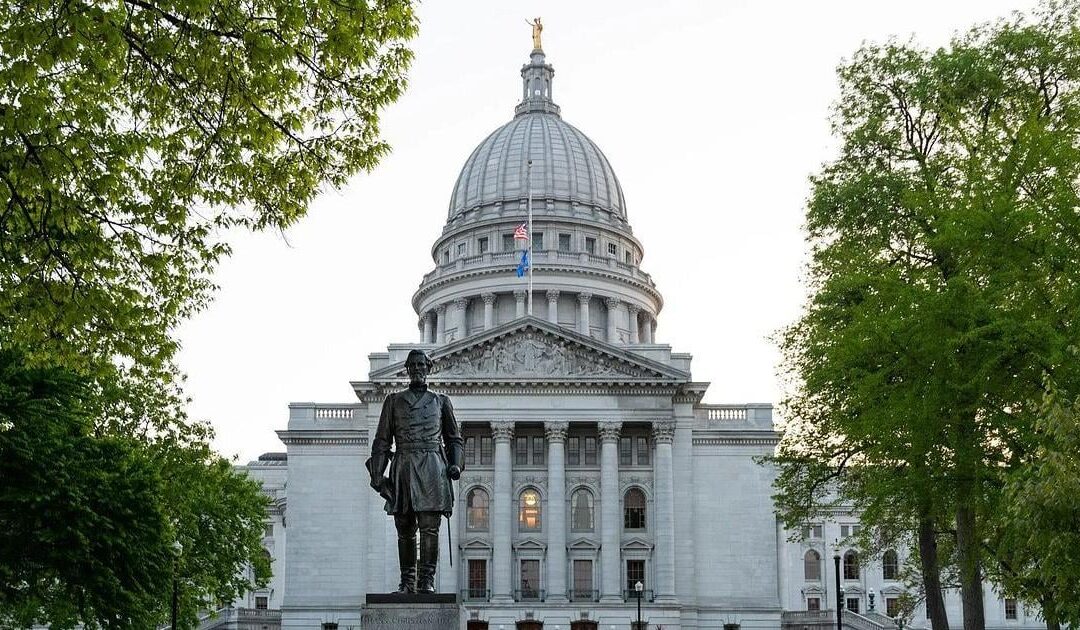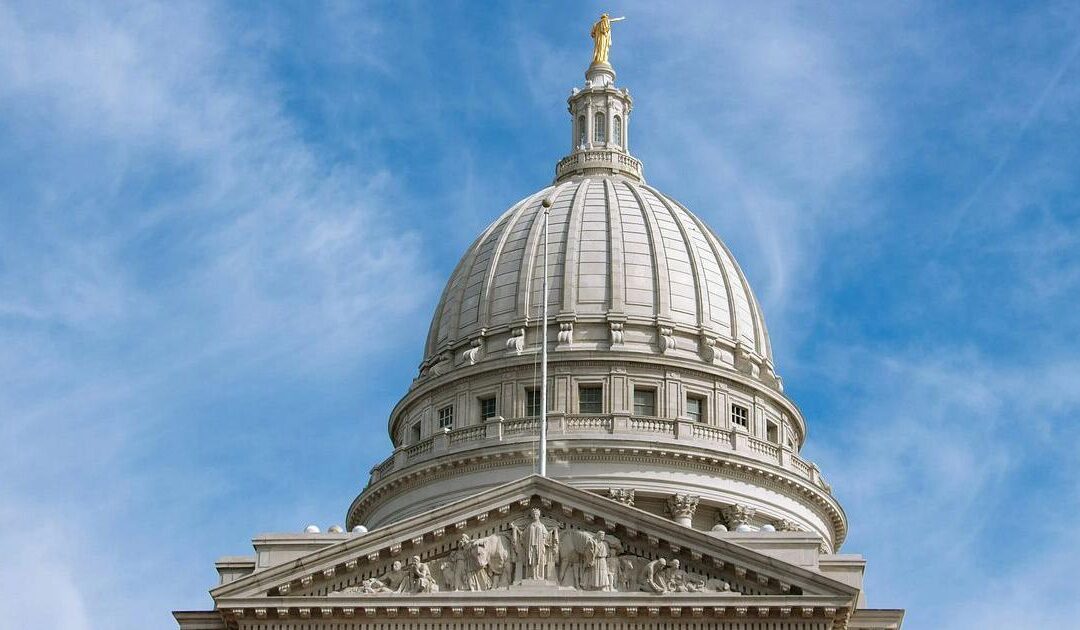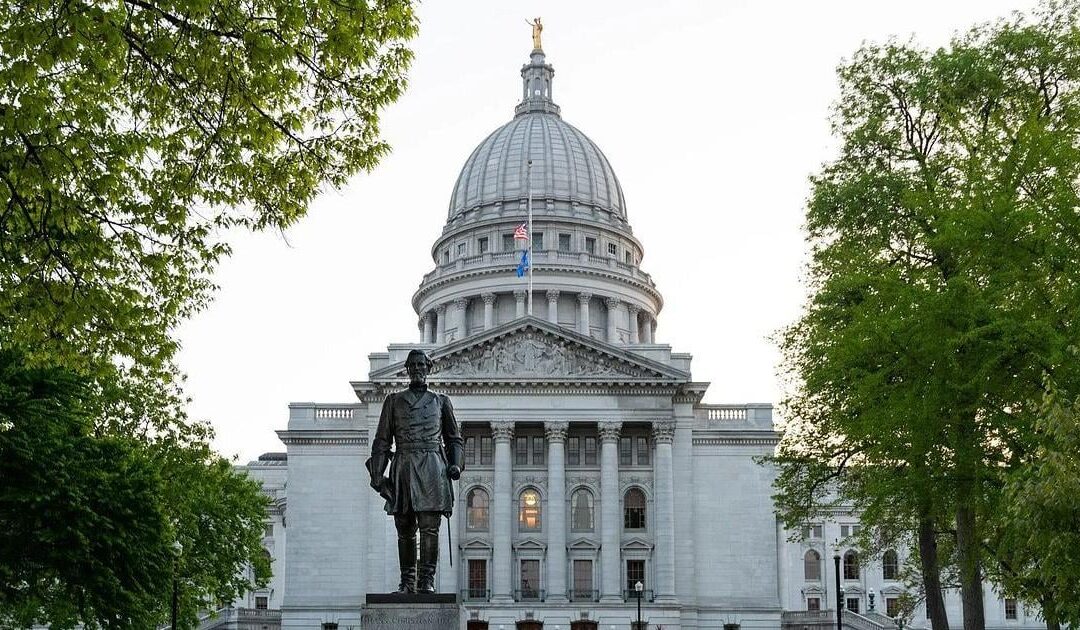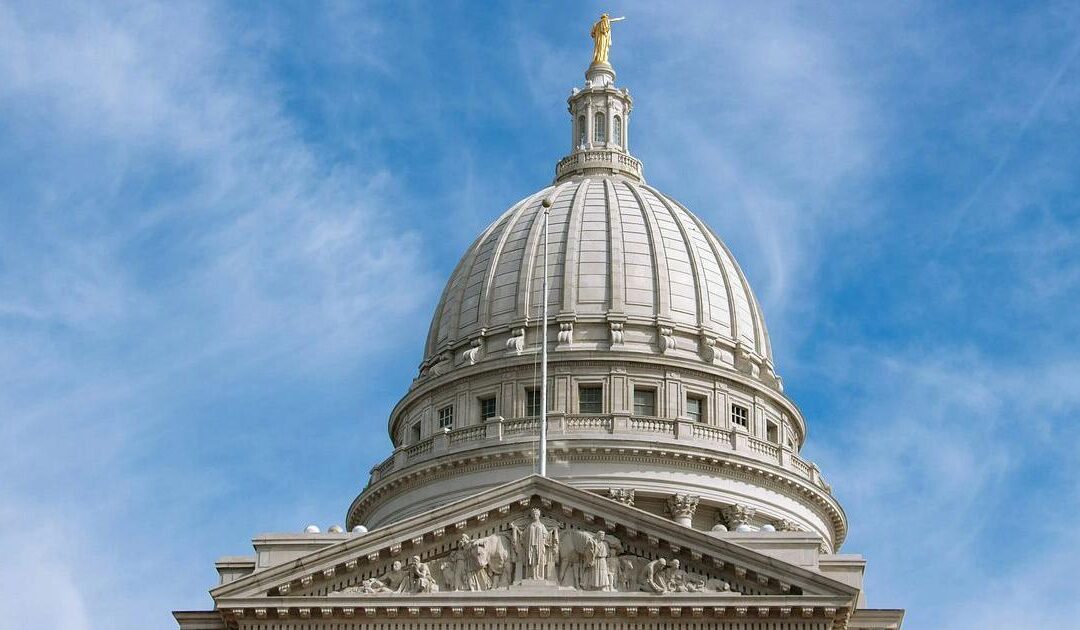(The Center Square) – A group of Wisconsin Democrats and labor leaders are pushing a minimum wage bill that would increase the state’s minimum wage from $7.25 to $15 immediately, progressively increase that to $20 by 2030 and then have it rise with inflation afterward.
“Anyone working 40 hours a week deserves to make a living wage,” said Sen. Kelda Roys, D-Madison, who is one of a group of Democrats running for governor.
The group referred to the increase as a “living wage” and said that the state’s minimum wage remaining flat for 17 years has led to more than 1 million workers in the state making less than a living wage.
“A ‘free’ market that doesn’t give families enough freedom to survive is a failed market,” Roys said. “And we don’t have to accept it.”
The proposed bill would also allow local municipalities to pass a higher local minimum wage, something that is currently outlawed in the state.
The bill would face an uphill battle to pass in what is now a Republican-controlled Legislature.
“The rising cost of basic necessities including housing, food, and health care undermines the stability of our workers, families, and communities,” said Rep. Angelina Cruz, D-Racine. “While rising costs continue to receive attention – as they should, suppressed wages require our attention as well,“ Cruz noted. “I am proud to introduce this legislation and to continue pushing wages to the forefront of the affordability conversation. We must not allow the hard-working people of our state to be paid poverty wages.”
Thirty states currently have a minimum wage above the federal $7.25 minimum wage.


